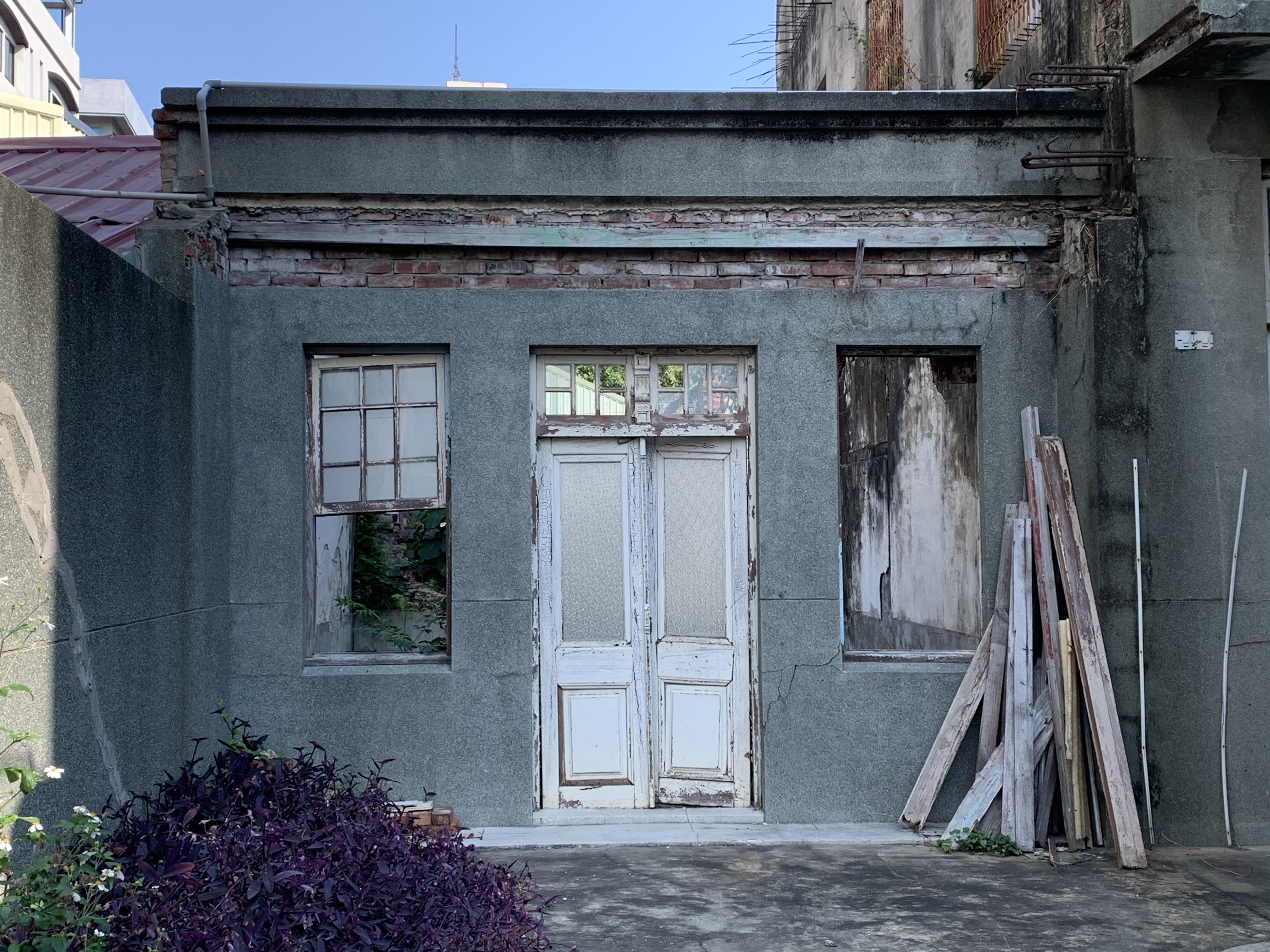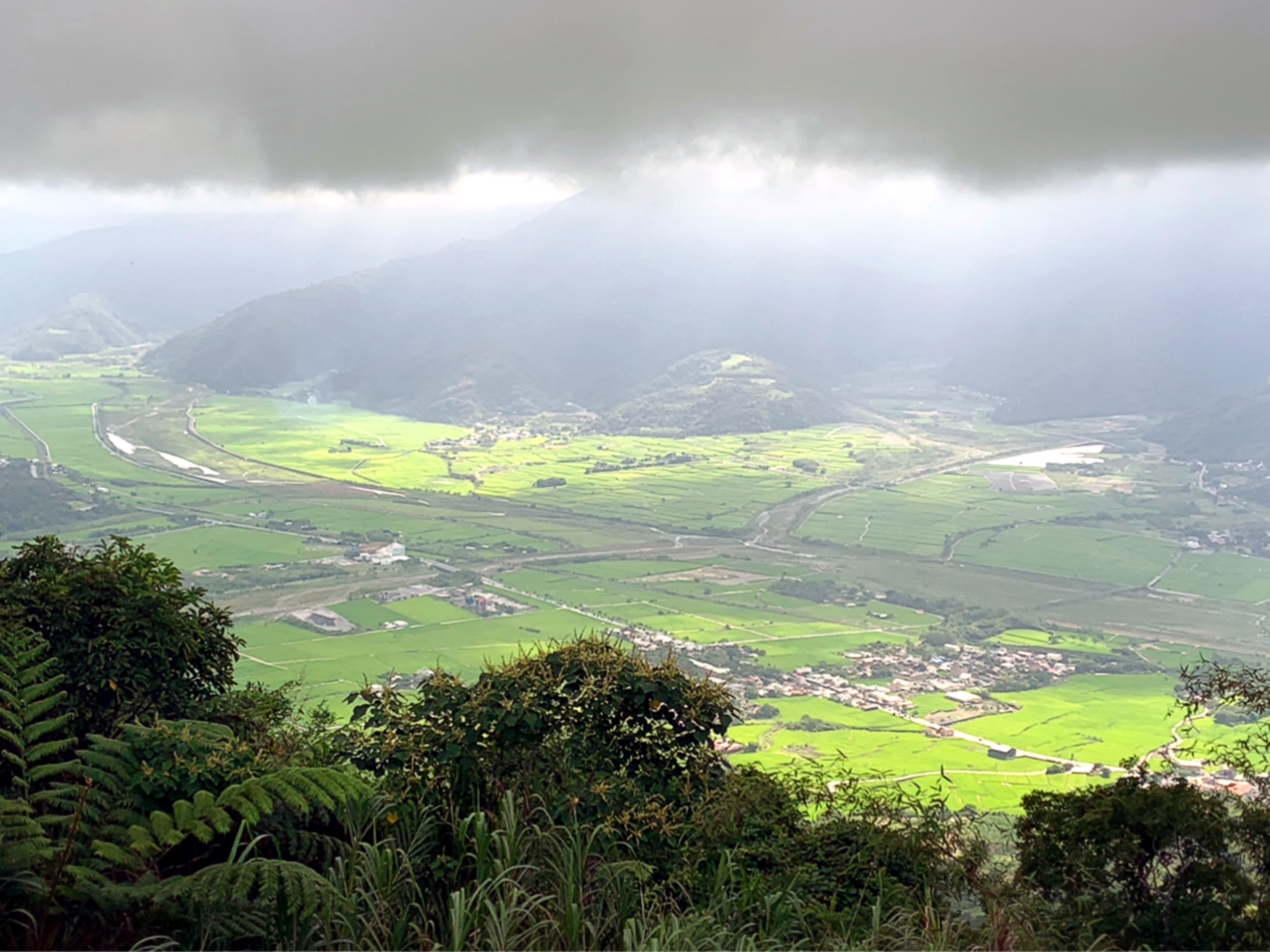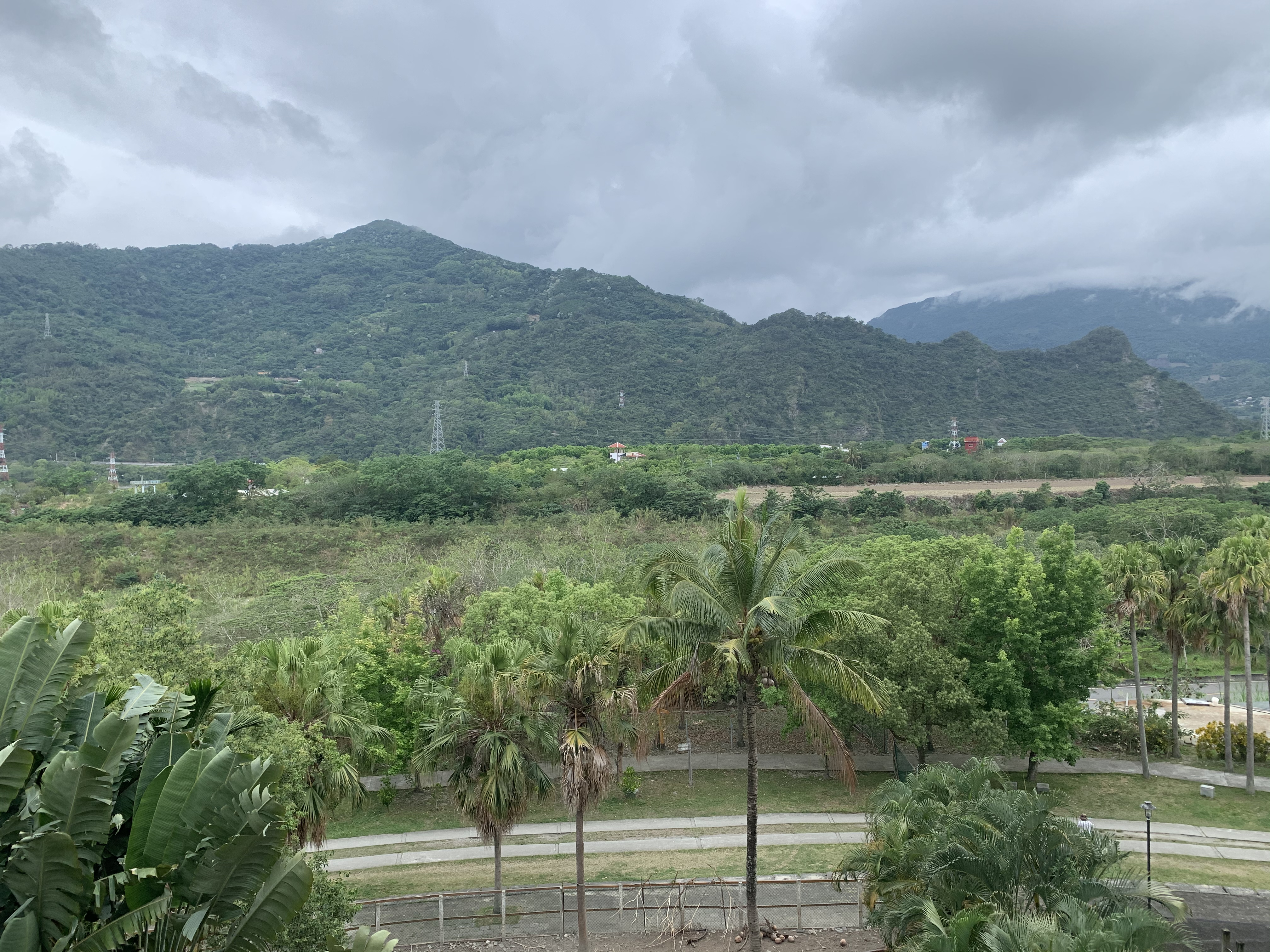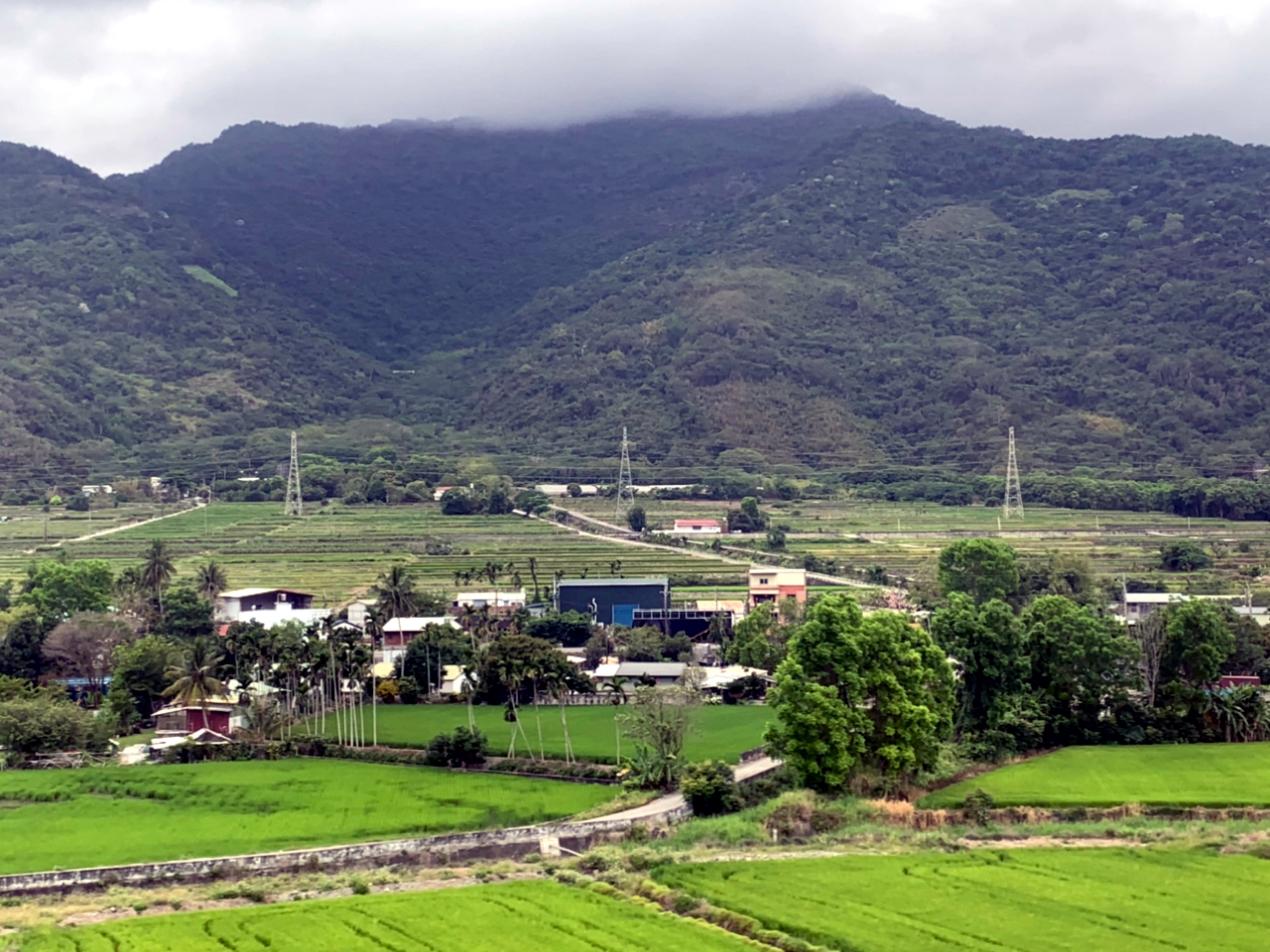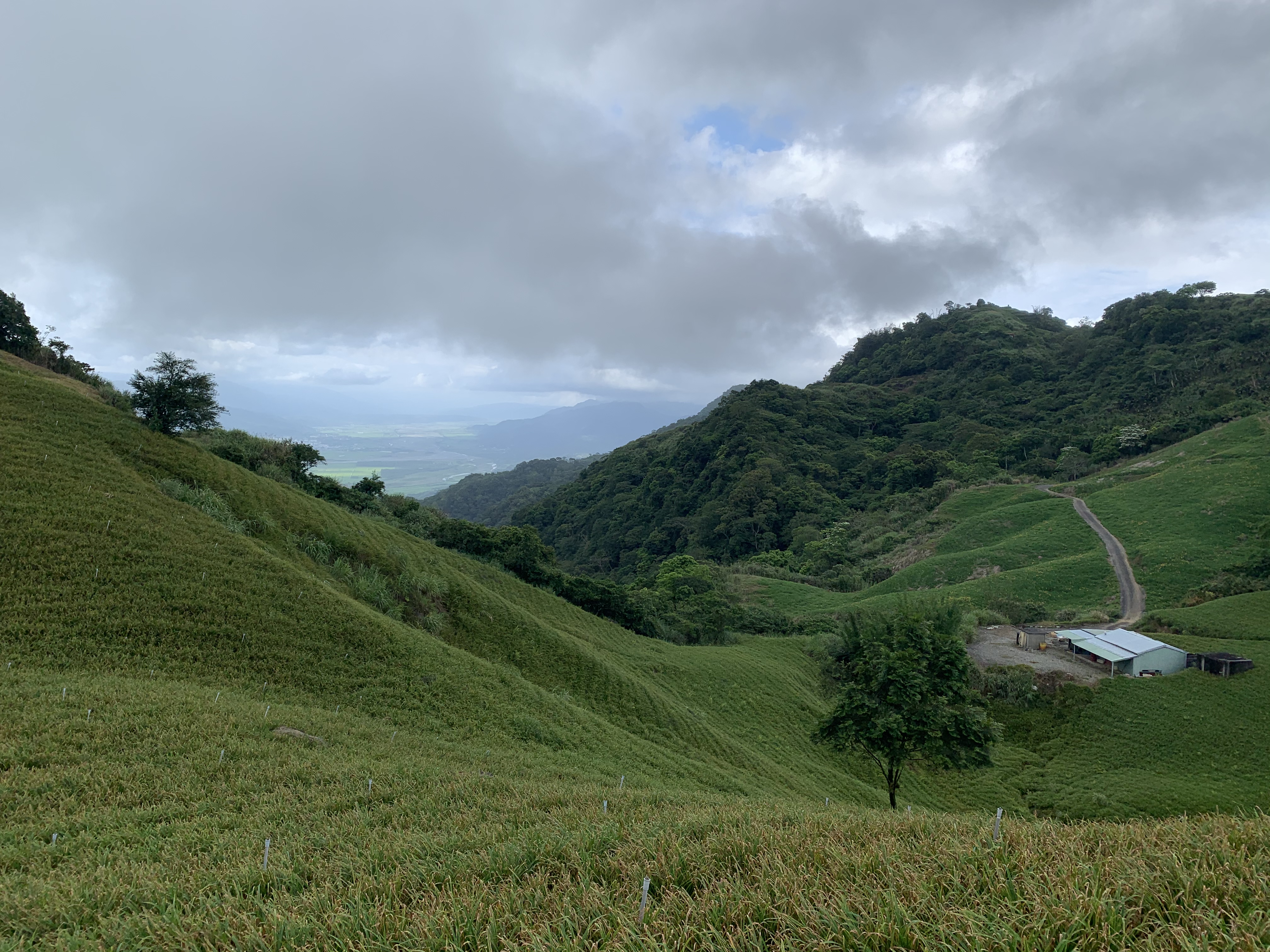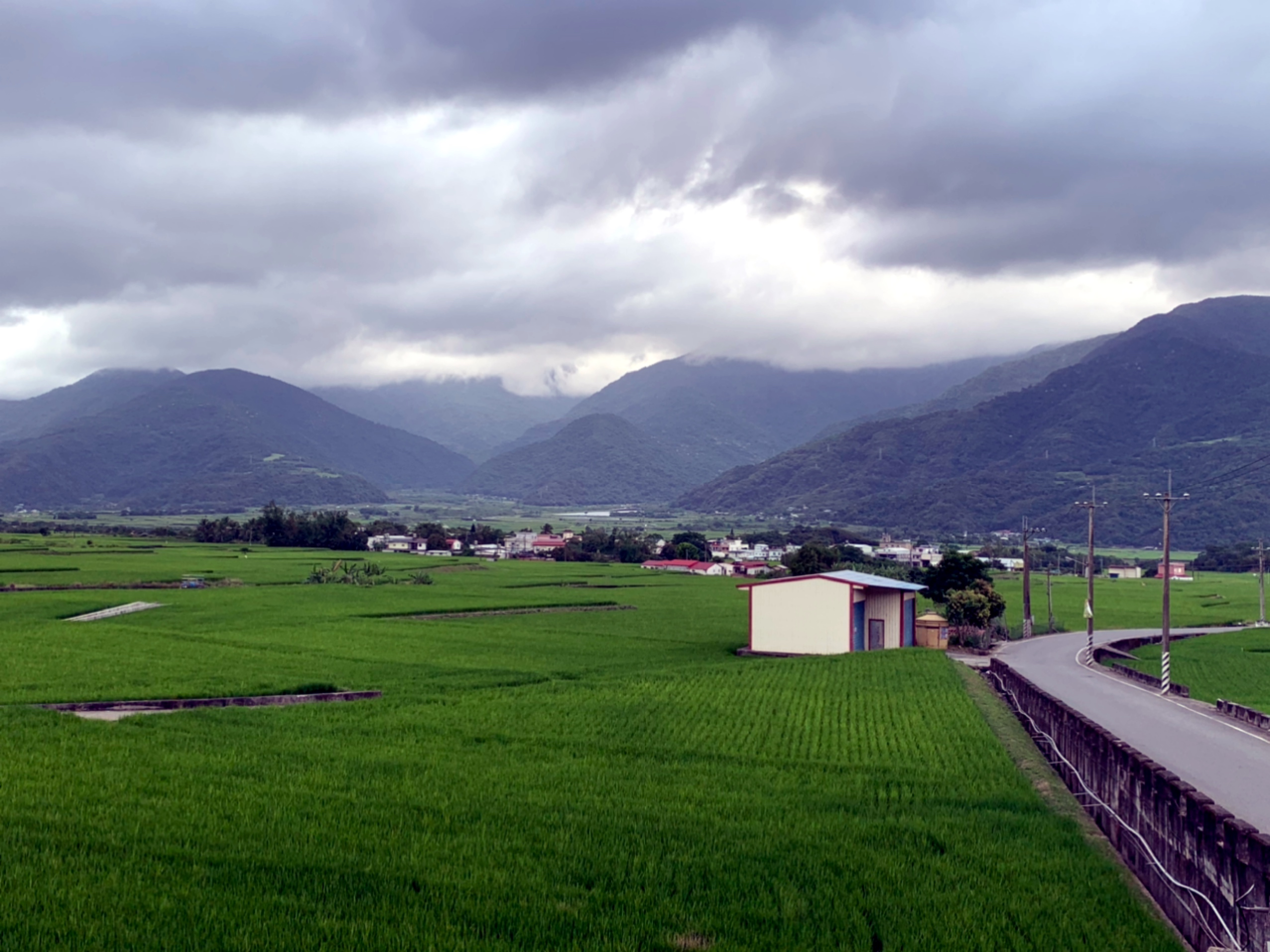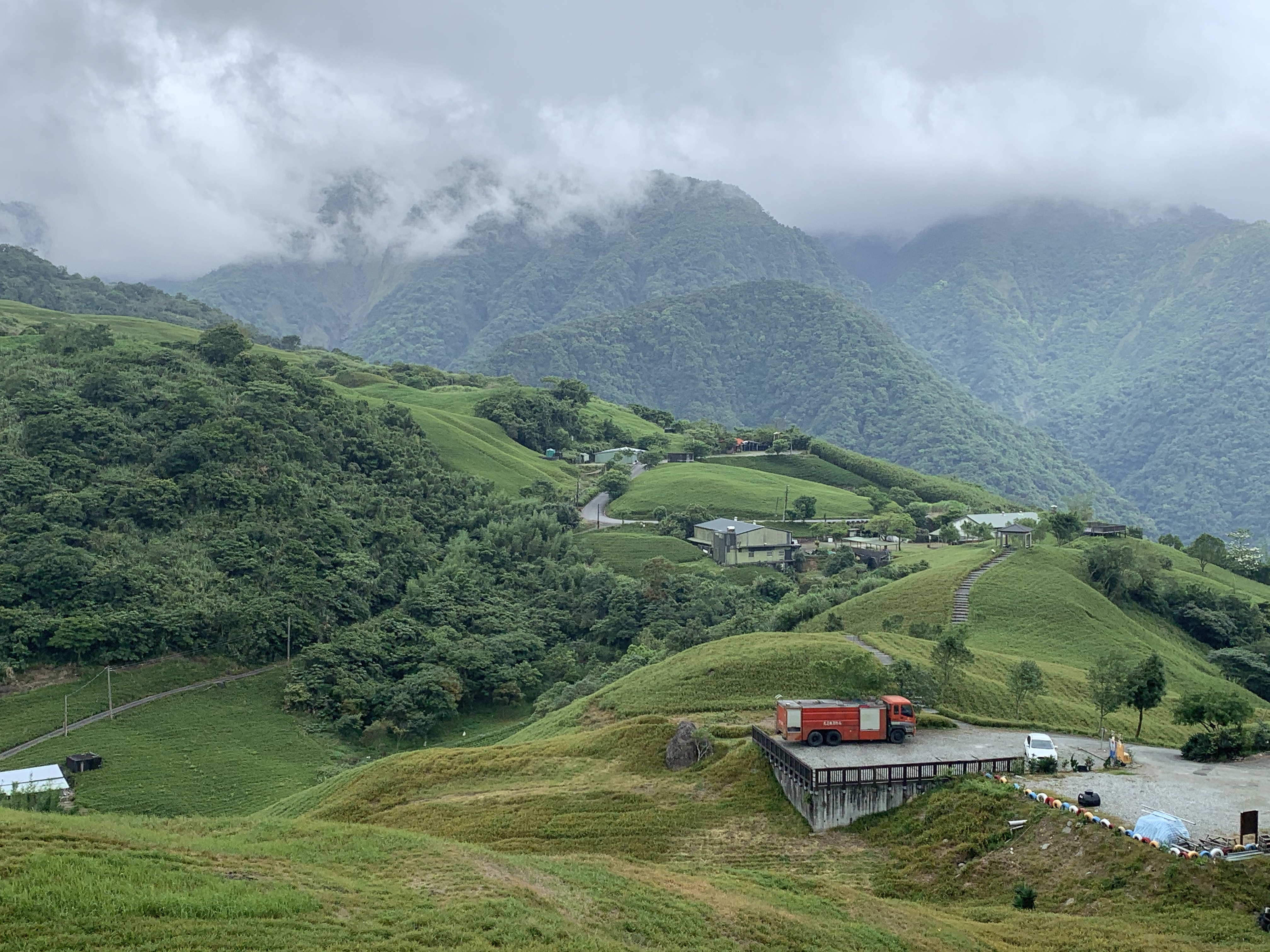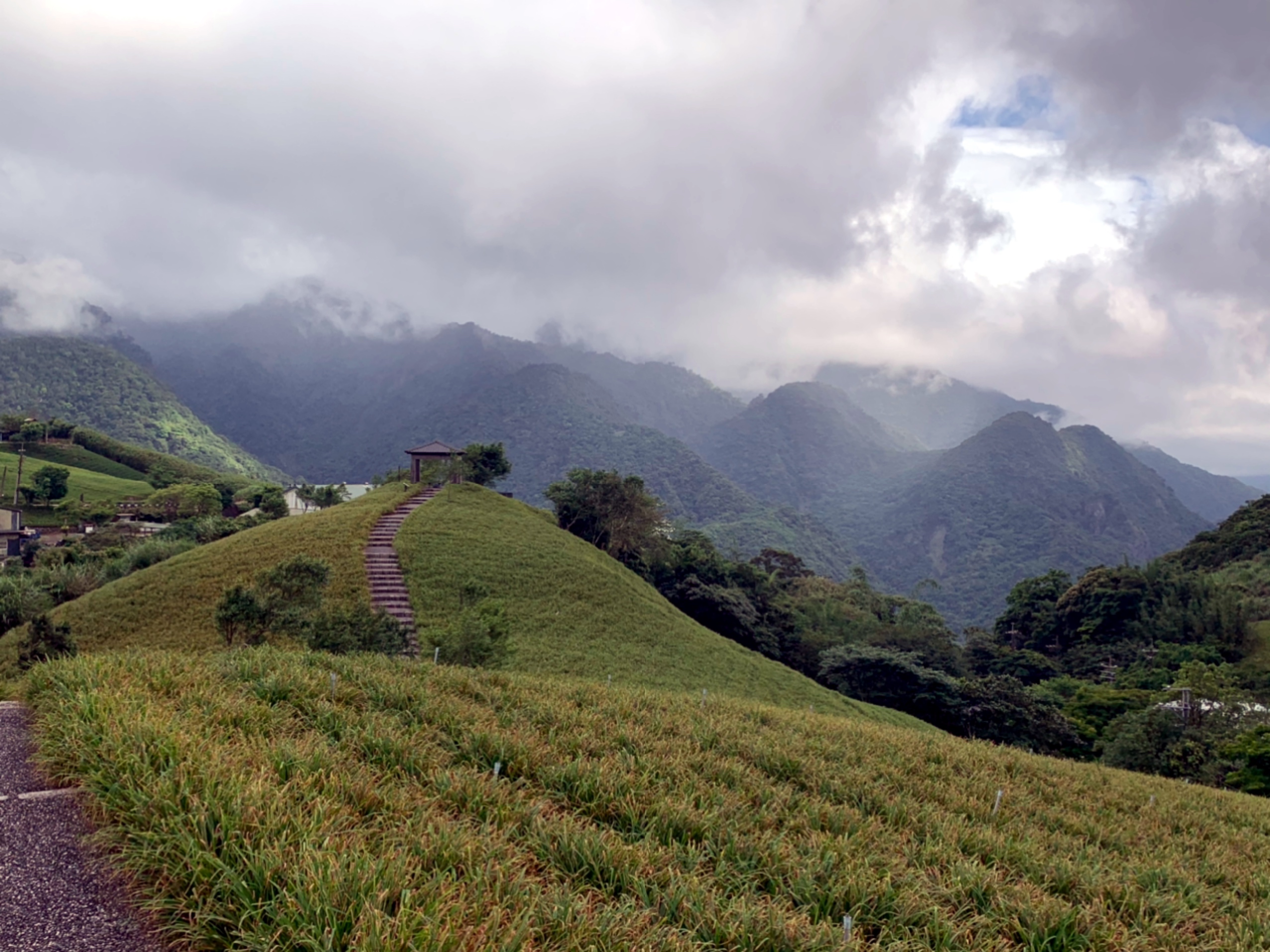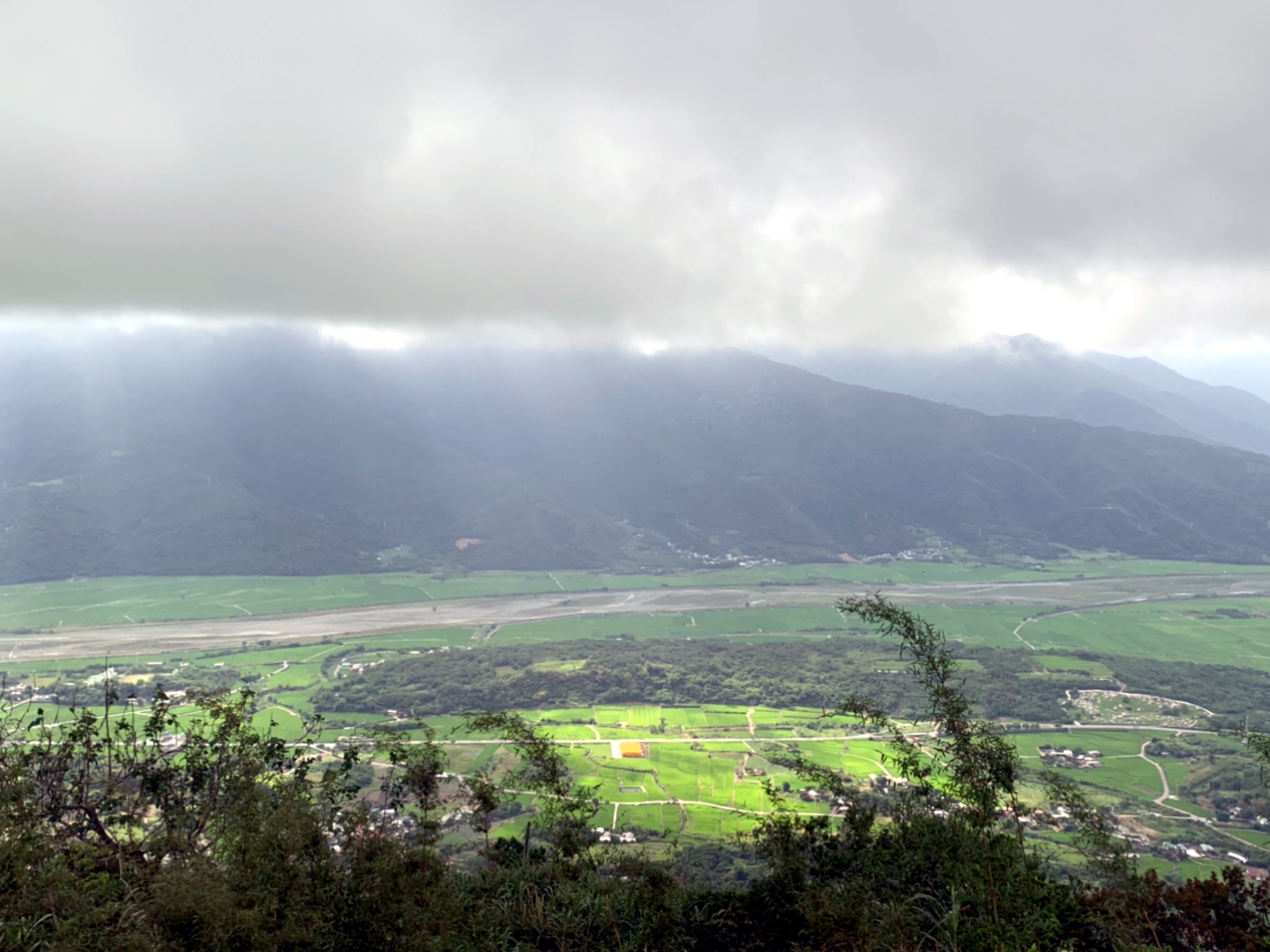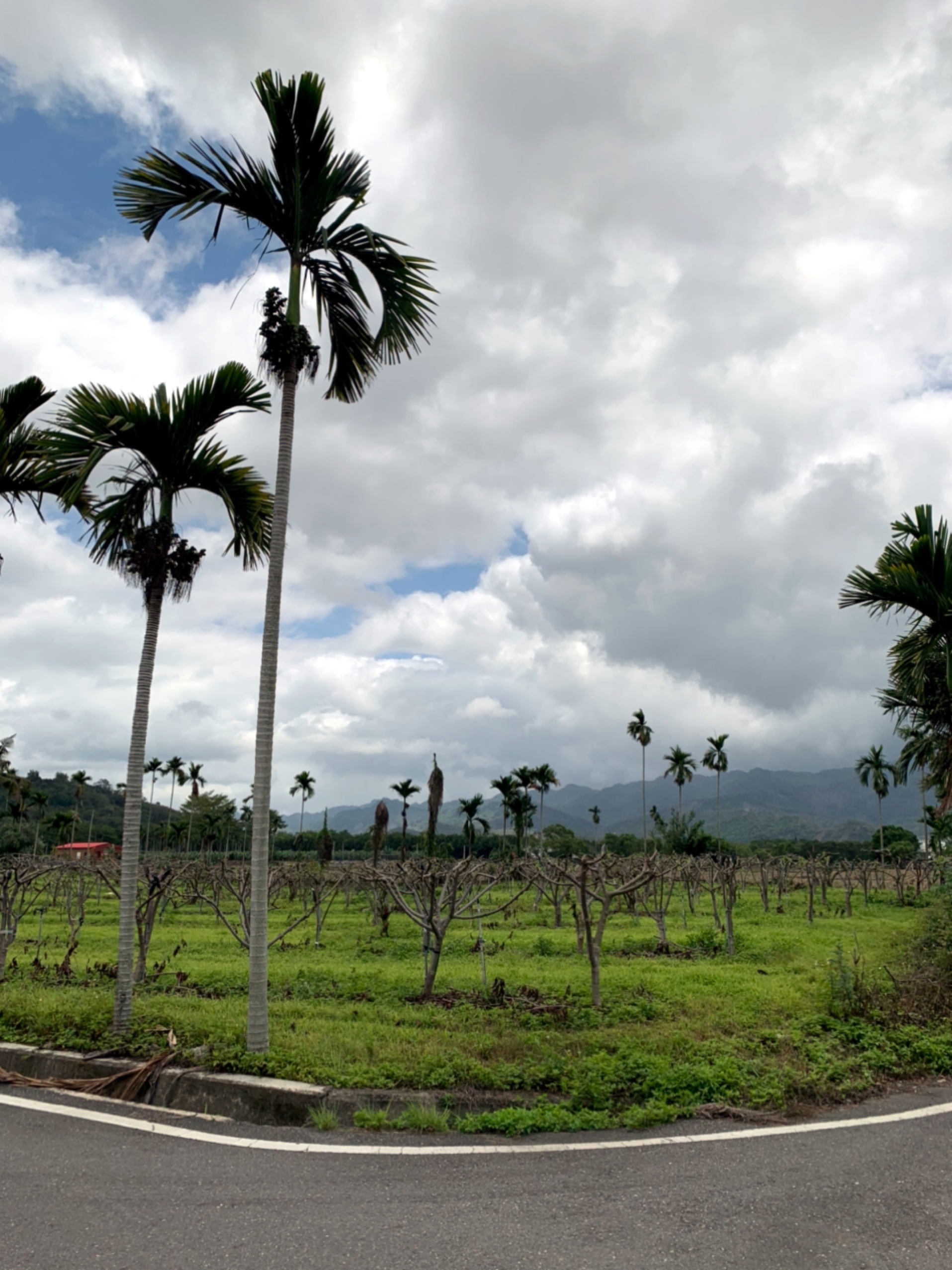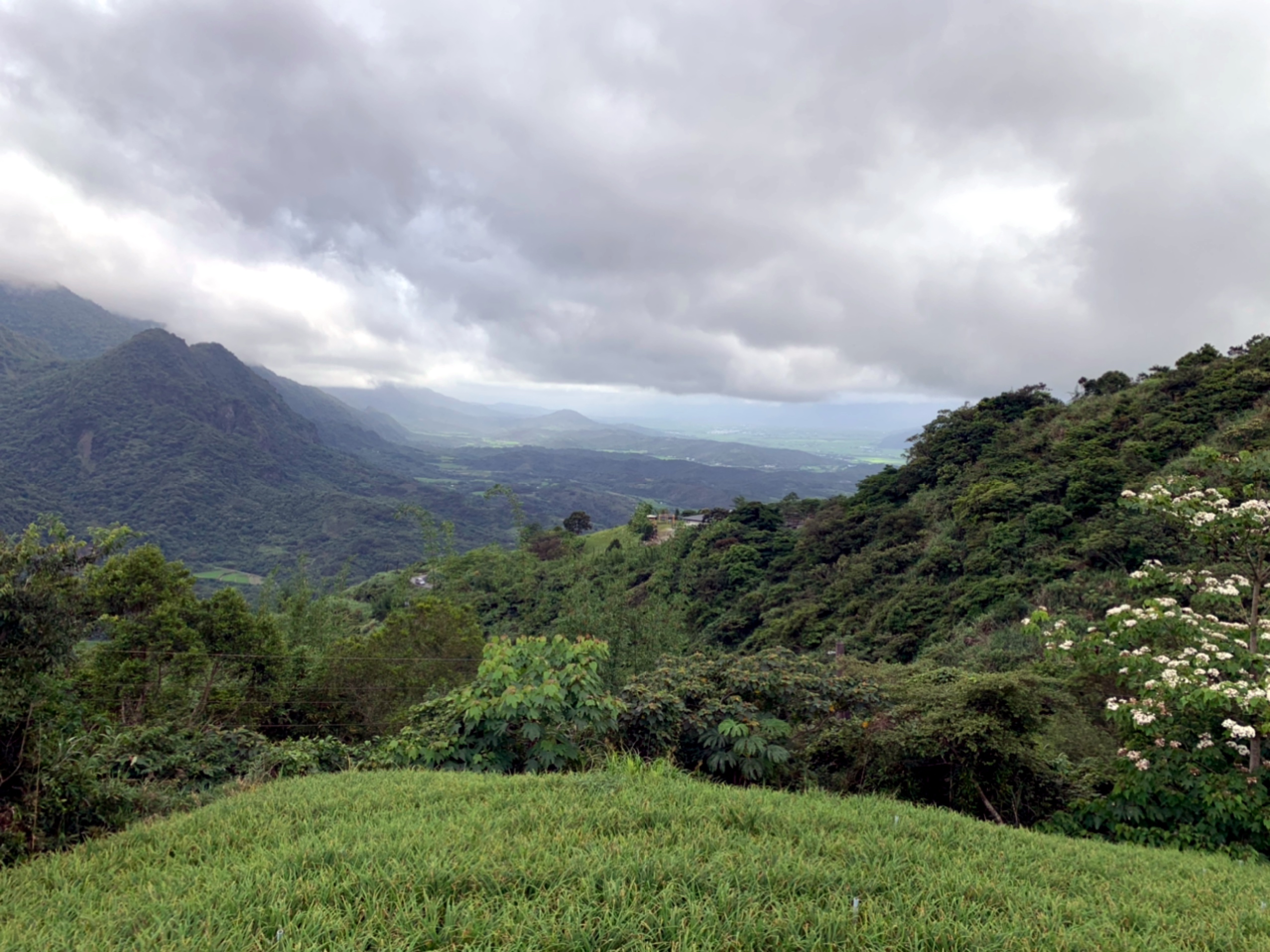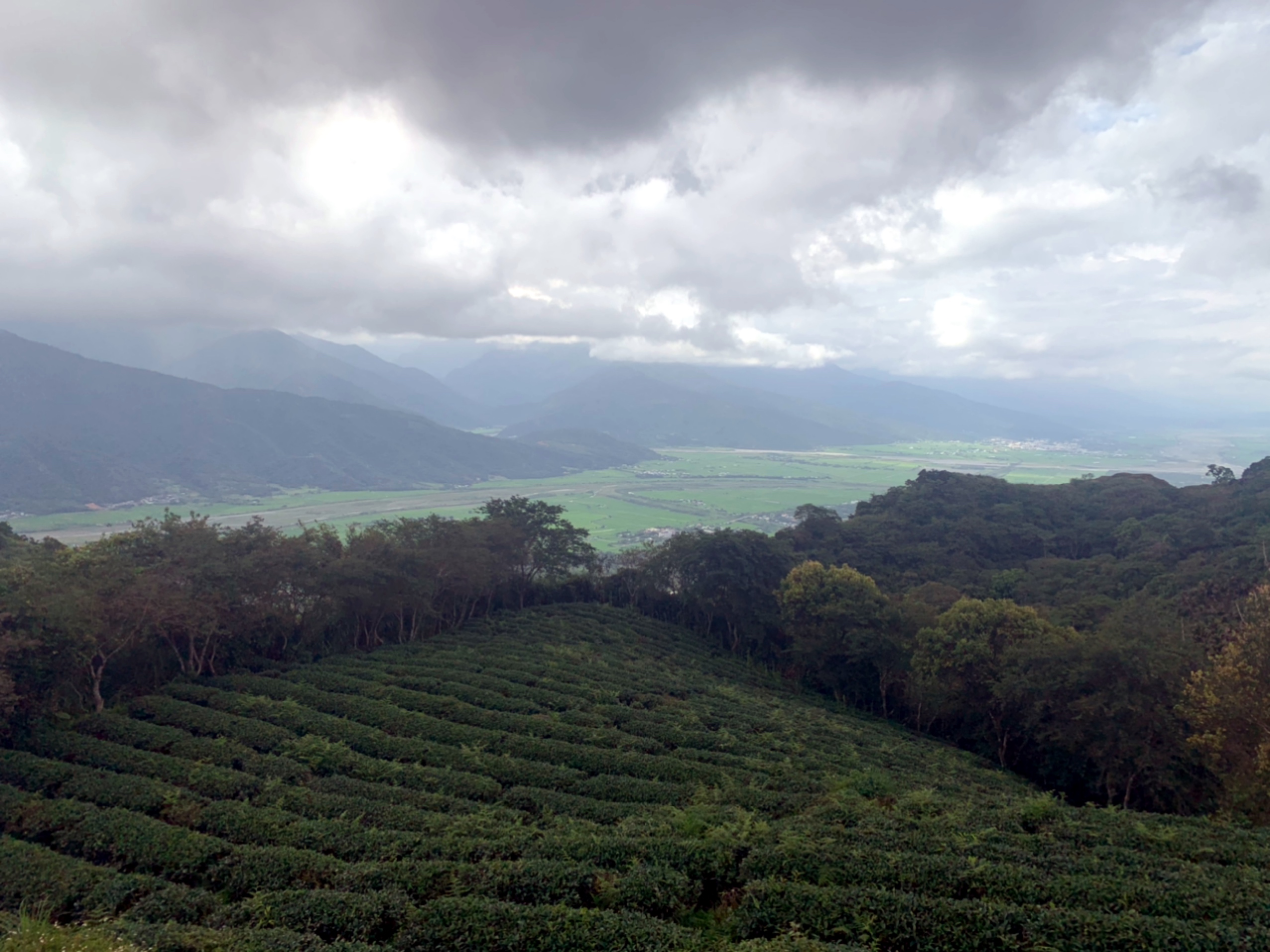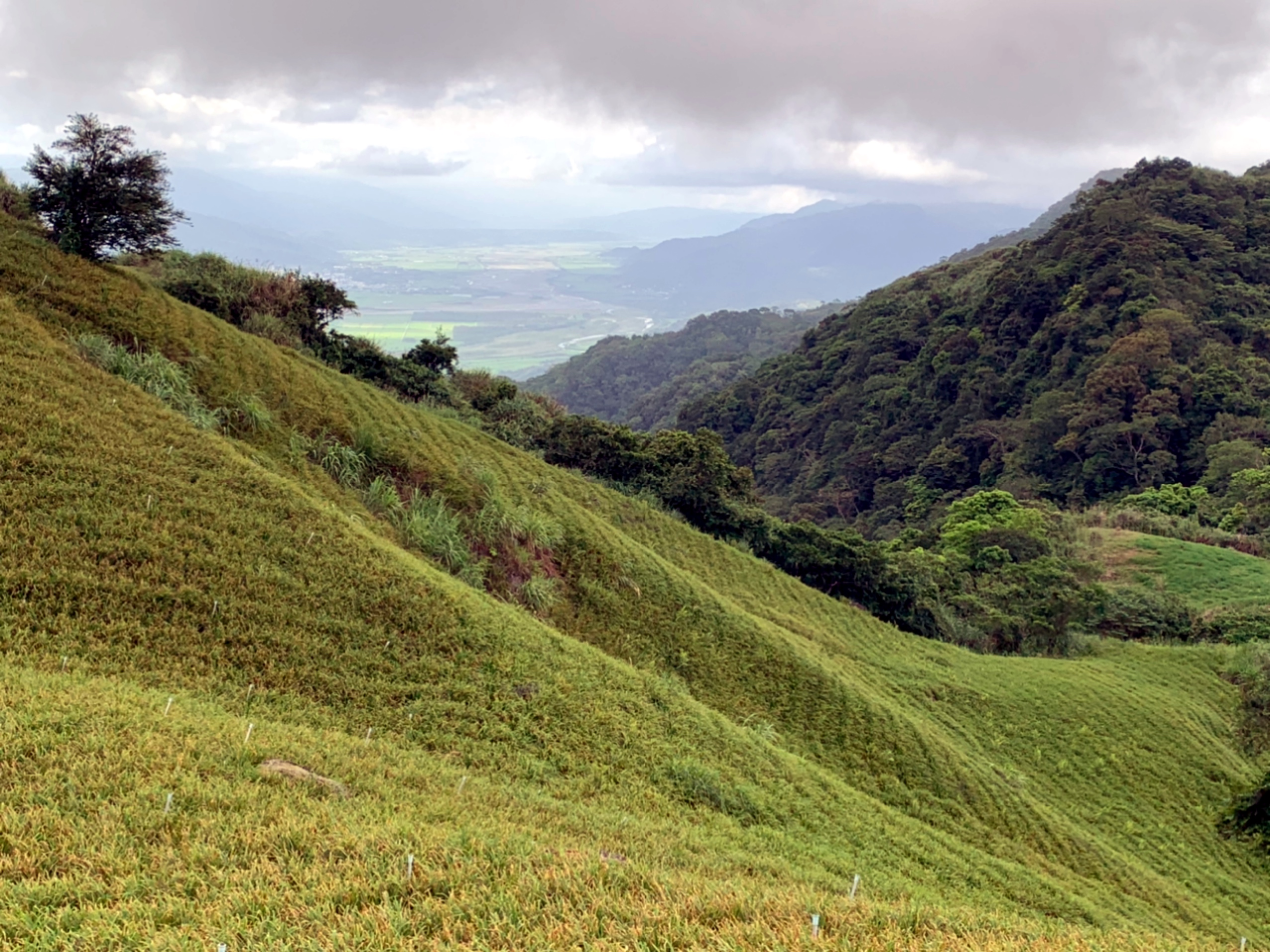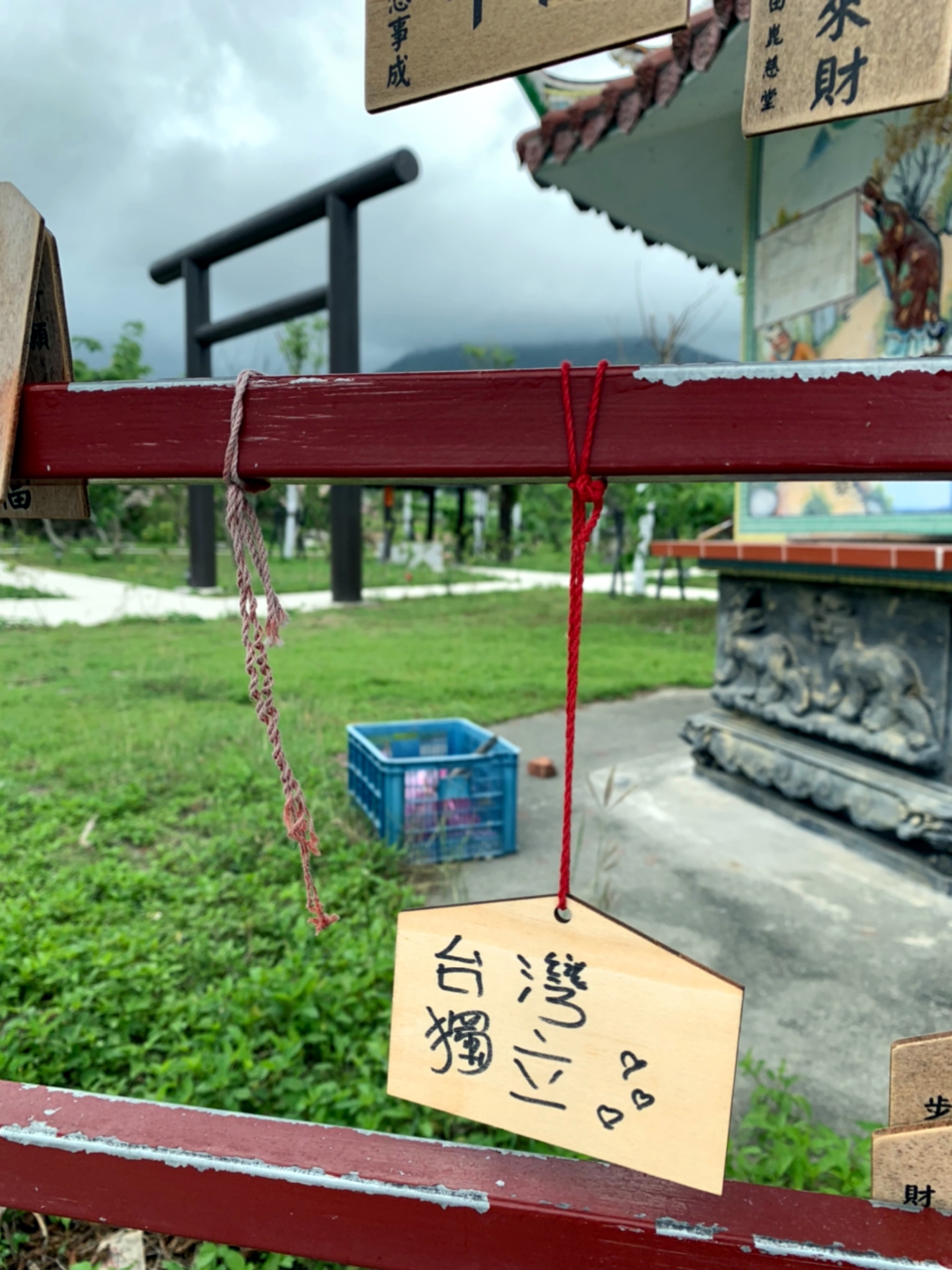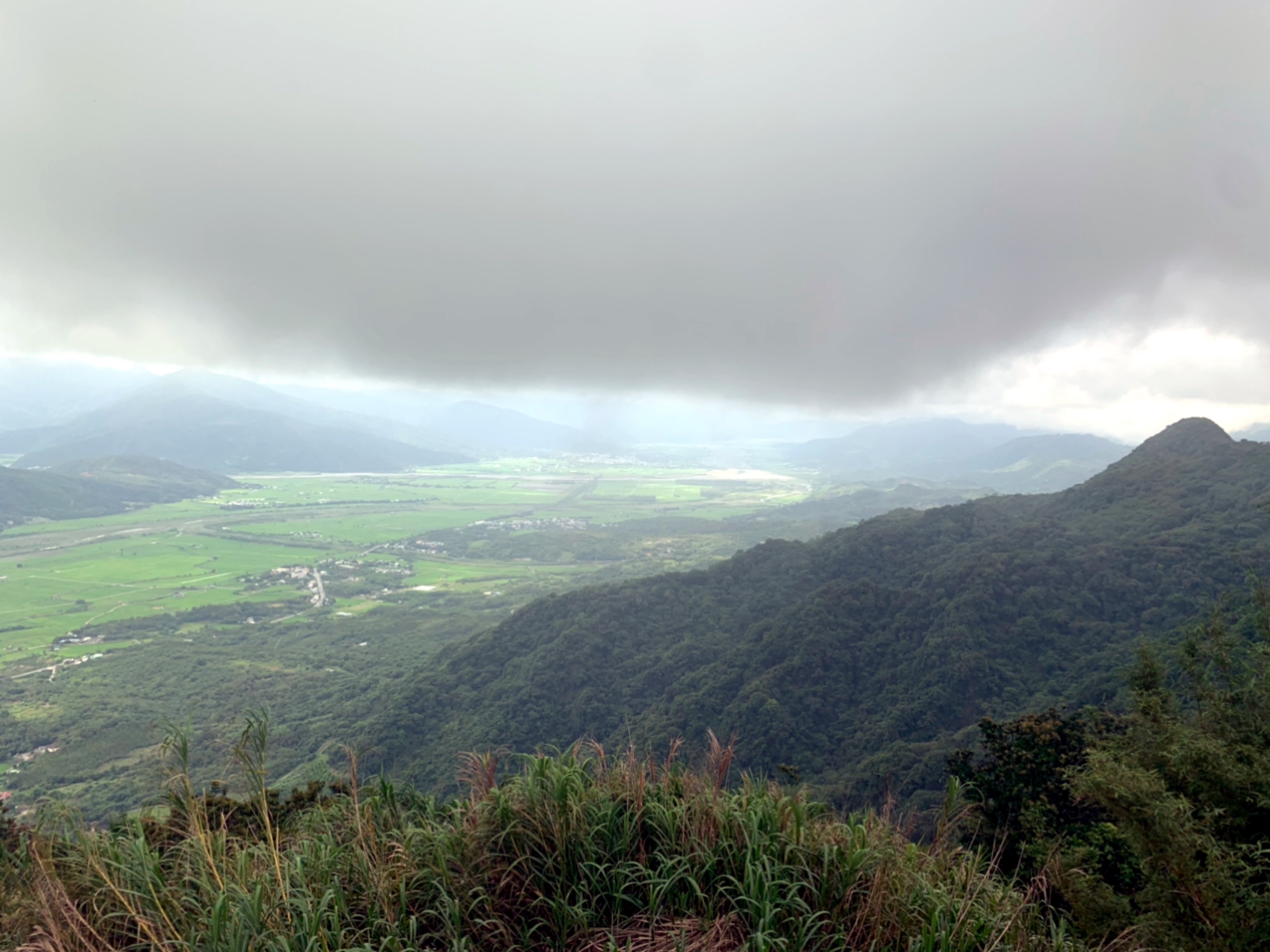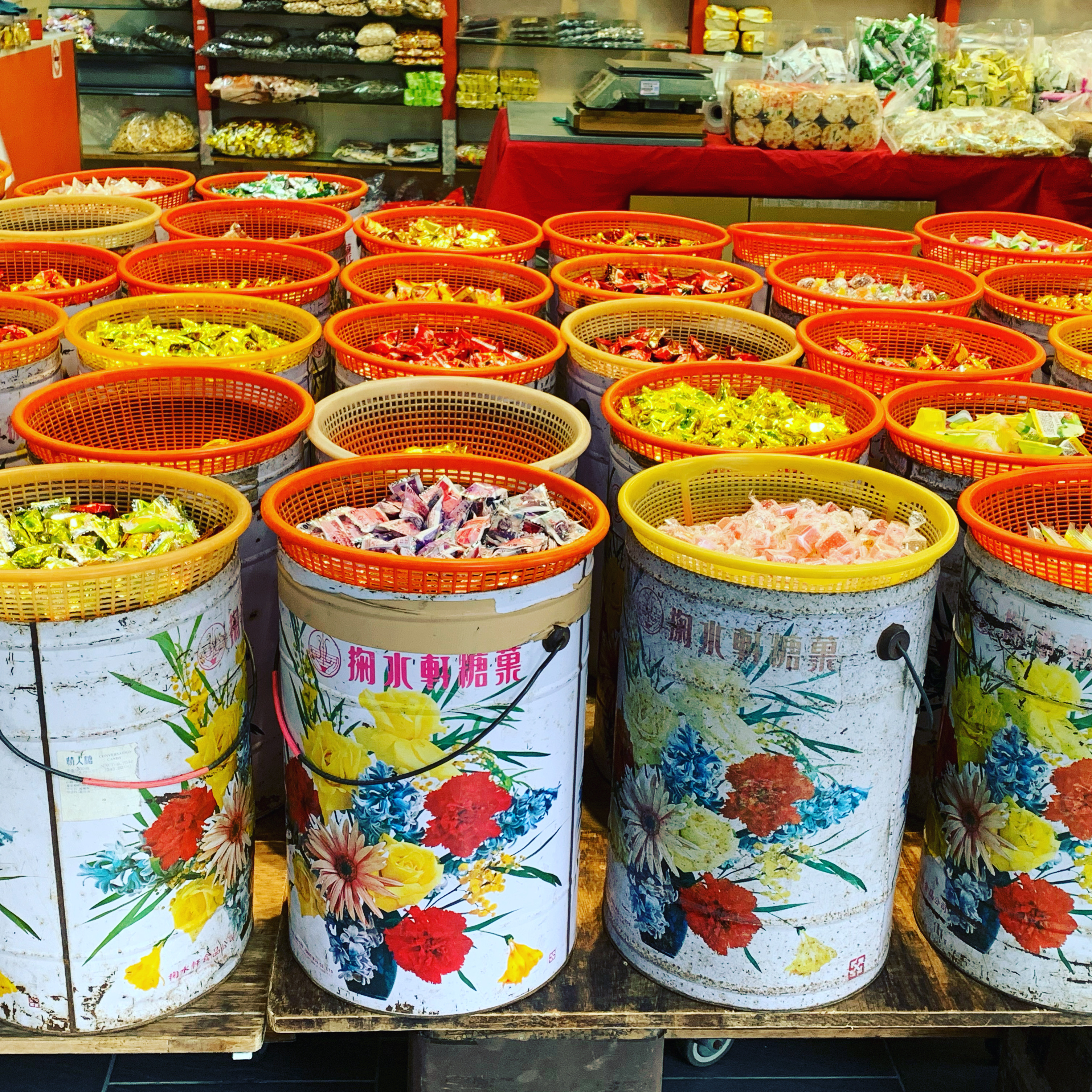
Trust me, nobody wants to talk about a different topic more than me, but as long as disinformation is permeating discussions about vaccine access in Taiwan, it's important to make sure reasonable clarifications are available in English.
I want to start by saying that I understand there is a lot of fear and anxiety right now. There's an outbreak in Taiwan that, while not growing exponentially, is still growing. It is probably controllable over a period of months, but that still means several months of worry, doubt, admonitions to stay home, and yes, some deaths. Hospitals are strained. There's a global vaccine shortage in most countries, while the US is flush with doses, and other countries have struggled to obtain them.
That's a worrying situation to be in, and I don't want to diminish it even as I repeat my message to not freak out.
It also presents a window: a time when Taiwan is trying to manage its outbreak while attempting to obtain vaccines which are in short supply globally. Eventually, Taiwan will get this under control and vaccines will be available, but we're looking at a timeline of months. That gives malicious actors plenty of time to disseminate disinformation, and for those lies to fester. And some unsavory political elements are trying to use that window to sow distrust in the Taiwanese government -- specifically Tsai and the DPP -- while calling for cooperation on the surface. These same elements turn and point fingers at the Tsai government for "playing politics".
Anxious people may believe things that give them an outlet for their stress, so I'm not writing this to belittle anyone. It's pretty normal human behavior, and not all believers in disinformation are ill-intentioned. I do believe people are glomming on to this "we want BNT" storyline because it represents a type of hope. They want vaccines and these seem available. They're not, but that doesn't mean those who misplace their hope in these vaccines are bad, or wrong, and I don't intend to imply otherwise.
Rather, I just want to create a clear record in English to prevent further misdirection.
Let's take a look at each of these false claims about Taiwan's vaccine situation in turn, and then hopefully leave the topic behind for good.
The national government is unfairly blocking local governments from obtaining vaccines on their own
The story here is that the CECC said earlier in May that cities and municipalities could procure vaccines on their own if they wished, and people are complaining that the CECC is "now" insisting that only the national government can procure vaccines.
This is genuinely confusing, so I don't blame anyone who perhaps skimmed this news believes that this is a course reversal or about-face meant to take power away from local governments.
The key point, however, is that the vaccines these local governments could potentially buy, and the distributors that sell them, still need to have been approved by the central government before the purchases can take place, and the batches themselves also need to be tested. This is usually done by the central government, and then after given the all-clear, a municipality could theoretically purchase these drugs on their own.
The central government noted, however, that the procurement procedures were complex and cumbersome, and would probably be challenging for a city to pull off on their own. Imagine if, say, Nantou City approached BioNTech, which rebuffed the Taiwanese government, or called up Moderna, which sold doses to Taiwan which are coming late due to a global shortage. What leverage does Nantou City have that Taiwan doesn't? Why would those companies sell to Nantou, not Taiwan? Do they have the resources to get through the procedure in the first place?
However unlikely, in theory, I suppose it could be done.
The issue here is that the local governments trying to "buy their own doses" now aren't talking about buying approved batches from approved distributors. They're talking about the Shanghai Fosun doses, and Shanghai Fosun has not applied for approval to distribute their product in Taiwan. Therefore, they're not approved, and municipal governments cannot buy from them.
Hence, the government is clarifying that locally-procured doses and the brokers who sell them still have to go through the same Taiwan FDA approval process as everyone else.
This limitation also applies to Terry Gou, who says he wants to purchase ten million vaccine doses. If he can do that through an approved channel and get those doses to the government for the required batch testing, then fine. It'd prove that the government could just throw around cold, hard cash -- but fine.
However, if he thinks he can just buy whatever from any channel he likes and get those doses in Taiwanese arms without the usual approval process, he's dreaming.
By the way, there's an update to the Terry Gou story: the game continues. It turns out manufacturers don't want to sell to these various non-government-affiliated parties.
If these municipalities truly wanted to approach approved channels to purchase more vaccines on their own, I'd be very interested to hear the whether the CECC's answer might change given recent political hassles. It would actually make sense to centralize one's vaccine strategy given the current crisis to ensure the fairest possible distribution, but I hope the CECC would make that clear.
Tsai and the DPP are trying to keep out foreign vaccines to 'protect' the market for the Taiwanese-made vaccine
This is obviously untrue. In fact, I'll go ahead and say it's a blatant lie.
If it were true, why has Taiwan spent the better part of a year trying to negotiate for every foreign vaccine they can get their hands on, from AstraZeneca to Moderna to BioNTech -- millions of doses in all?
If uptake on these doses has been slow, it's because there's a global vaccine shortage and massive inequities in availability (the US, for example, clearly has plenty), and ordered shipments are taking longer to fulfill. Plus, it is absolutely plausible that China has been blocking Taiwan's attempts to secure vaccines. Taiwan only implied this before; now they've come right out and said it's the case. It has nothing to do with trying to 'protect' a local product.
If the government were trying to 'protect' the market to ensure the domestically-produced Taiwan vaccine has enough takers, first, that would entail endangering lives and a full-blown COVID health system breakdown to possibly make money later on.
The Taiwanese government isn't perfect, but I highly doubt they'd do that -- you'd have to think of them as monsters. They're imperfect, but they're not monsters. (China, on the other hand, absolutely would do that to Taiwan and the CCP is indeed run by monstrous people).
This "insider trading on the local vaccine" accusation likely arises from the extremely confusing story of Tungyang 東洋, a Taiwanese pharmaceutical company, which had been in talks with BioNTech and possibly, Shanghai Fosun as well (though I'm unclear on this). but pulled out for unclear reasons. Some say the amount of product offered for the price made for a poor business decision. It has been reported that at that time, the drug wasn't far enough along in clinical trials for the company to feel confident in the deal, whereas others say Tungyang dithered too long. Still others say that the government wasn't adequately supporting them (one would expect the government to commit to purchasing those doses from Tungyang, once approved).
I don't know what happened, but it seems clear that if the Taiwanese government turned its back on these BioNTech doses to protect their own profits from local vaccine sales, then they wouldn't have tried so hard to procure millions of other foreign vaccines. Whatever is going on here, it isn't that.
In fact, it sure sounds like the sort of thing people who stand to make a lot of money on the Shanghai Fosun doses would say to divert attention from their own activities. (I can't prove that, however.)
But China can't block Taiwan's access to vaccines!
Yes, they can.
I'll talk more below about how people came to believe that the only way Taiwan can access BioNTech vaccines must be through Shanghai Fosun, the Chinese company that claims it has rights to "Greater China".
But first, Taiwan has every right to seek another distribution channel from the manufacturer, which can accept or reject this. Taiwan has now directly stated that China intervened in Taiwan's own negotiation with BioNTech, which again, it had every right to engage in.
This wouldn't even be close to the first time China has pressured an international organization or company to change how it deals with Taiwan, from excluding Taiwan from the WHO, trying to block international aid to Taiwan after major disasters, to pressuring airlines and IELTS and other English proficiency exams to call Taiwan "Taiwan, China".
The vaccine issue is no different.
If you think China can't do the exact same thing to a vaccine distribution contract, please think again.
Shanghai Fosun has the "right" to claim distribution for BioNTech in Taiwan, and the government is trying to circumvent them
This has a veneer of truth, but is ultimately false.
Drugs available in Taiwan need to be approved by the Taiwan FDA, and are often batch-tested as well (this is certainly the case with coronavirus vaccines). Brokers and agents -- who may have the right to produce the same drug, or sell an already-produced drug from the original manufacturer -- also require approval.
Fosun doesn't have this approval in Taiwan itself, so its "rights" don't exist here -- it can't just barge into the market at will. It still needs that TFDA approval.
For many drugs, multiple avenues of purchase are approved in Taiwan. If you're on any long-term medication, you might have noticed that the packaging and even 'look' of the drug changes, despite the actual drug being the same. For example, my main anxiety medication is lorazepam. It's usually branded as "Silence" -- small, white pills in bubble sheets. Then my hospital changed distributors and I still got lorazepam, but they were larger, yellow pills dosed out into sealed plastic packets (I don't remember the name, but it had changed). Now they're back to the familiar Silence. Once, I was given Ativan: tiny blue pills in gold foil sheets that are half as strong, and was told I can take two. Ativan is lorazepam in a smaller dose. Why? The hospital changed suppliers, but it's all the same drug.
It's very common, and a highly competitive business.
Approval, however, remains crucial. Even if the drug is not fake, if it's sold through an unauthorized channel, the government considers it to be "counterfeit". It doesn't matter if that distributor has an agreement with a manufacturer whose drug is approved in your country; the distributor also requires approval. Any pre-approval agreements are contingent on that process being completed.
What does this mean for Shanghai Fosun? That they may have "secured the rights for Greater China" including Taiwan from BioNTech, but there is absolutely no law or regulation stopping Taiwan from seeking out an alternative method of acquisition. BioNTech could always refuse, but they always have the right to authorize another distributor that is not Fosun.
It's not even that rare, and it sure doesn't seem to be a problem for Fosun or the CCP if the buyer is pro-China billionaire Terry Gou, who once called independence supporters "garbage".
That's why they talked to Taiwan in the first place, before backing out -- after pressuring Taiwan to remove the word "country" from the contract -- under what I can only assume was some sort of pressure or (ahem) aggressive incentivization.
In fact, what Fosun has are the rights to sell a drug called "Fubitai", which is BioNTech's drug with a Chinese name. As far as BioNTech is concerned, it has no official Chinese name for its drug, that's a name Fosun is authorized to use. Taiwan has every right to seek out the same drug, not branded as "Fubitai". Another distributor for this drug is Pfizer, and Pfizer has no agreement with Shanghai Fosun. Although BioNTech might object -- meaning perhaps the contract would be rejected or there would be a fee -- there is no law prohibiting Pfizer and Taiwan from working together.
Even Tungyang, the Taiwanese company which tried to secure BioNTech rights but ultimately didn't (a long convoluted story that could be its own post), was not doing anything wrong by ultimately not working with Fosun. They might have made other mistakes, but talking to BioNTech was not one of them. Companies do it all the time. The only real issue here is that the government's messaging could have been clearer.
And this isn't even getting into the timeline of when Taiwan was or wasn't specified in the "Greater China" contract with Shanghai Fosun. I'm quite aware there's a story here and have my sources, but it's become increasingly clear that it doesn't matter.
Taiwan "rejected" Fosun's offer of vaccines
Imagine if I applied to do a PhD at Harvard, but before I could even send in my application and proposal, the Dean of my preferred school called me up to tell me personally that she intended to reject me.
That sounds like the sort of nightmare I'd have, but in the waking world it would be preposterous.
Well, so is this myth.
The cold hard fact is that Fosun never applied to distribute those vaccines in Taiwan. I offered one possible reason why in my last post: basically, it would require a level of submission commensurate with approval by a national government. So by making such a submission, Fosun would in essence be admitting it is dealing with a national-level government. In other words, that Taiwan is a country.
People have been complaining that Tungyang (mentioned above) didn't seem to think this was a problem, and that the approval should be fairly easy. However, Tungyang is a Taiwanese company that would be quite familiar with the approval process and regulations. Shanghai Fosun has never applied for such approval because Chinese drugs are banned in Taiwan. In fact, I'm not sure any Chinese drug company has gone through this process in Taiwan.
Therefore, there's probably another reason Fosun hasn't applied: these doses are said to have been produced in Germany, so in theory, a Chinese company could apply to distribute them in Taiwan. However, Fosun has said they intend to start domestic production of "Fubitai" soon. As they would be Chinese-made, Fosun would not be able to sell them here. They'd be going through all that work for a one-time shipment of vaccines.
So what is the incentive for Fosun to go through that process for a one-off sale?
Far more likely that it was a political ploy all along to attack the Taiwanese government in the window they have open to them -- when Taiwan is facing a crisis, and vaccine uptake has been slow.
That said, I would actually understand why the government wouldn't want to deal with Fosun. They seem dodgy at best -- complaining about not having rights they never applied for -- and I wouldn't want to deal with them either. It's likely Tungyang got spooked by them too. This might be the reason why the government now insists it will only talk to manufacturers directly: perhaps it got burned in these previous negotiations.
That doesn't mean, however, that Fosun was "pre-emptively" rejected.
I don't really know the full story behind why Tungyang's deal with BioNTech fell through, but it doesn't really matter. Perhaps the government could have supported Tungyang more. Perhaps it seemed wise in the moment to decide against the deal, as the vaccine hadn't been through all clinical trials. The government's own messaging on this could be a lot clearer.
Regardless, the company kicking up a fuss now is Fosun. And yet, they don't seem to be any closer to actually applying for distribution approval.
You can just buy vaccines at Costco in the US, so why not do that?
This one is the funniest, but fortunately doesn't seem to be widely believed. And yet, there's always someone.
KMT Chair Johnny Chiang recently tweeted out a picture of a vaccination center available at Costco in the US, and KMT city councilor (and person who perhaps needs an intervention) Wang Hong-wei 王鴻薇 posted that if vaccines were so easy to get in the US that you could just buy them at Costco, shouldn't Chen Shih-chung just head to the US and buy out the stock?
I hope that I don't need to post a lengthy explanation of why you cannot, in fact, just go buy vaccine doses in bulk at Costco, right next to the Einstein's Bagels, tubs of oregano and massive graduation cakes.
Perhaps Wang is really that ignorant, but it's more likely that she's smart enough to know how ridiculous she sounds, but doesn't think her constituents are smart enough to see it.
I don't want to put every preposterous statement by every KMTer on the party as a whole. Wang is one city councilor. However, that's hard to do that when it's not just the grunts but the caucus whip saying Chen Shih-chung should be "executed" -- a method of governance the KMT is intimately familiar with, though you'd think they would have figured out was wrong by now. It's even harder when KMTers below him echo that sentiment.
However, with the KMT calling for cooperation with the government while continuing to undermine them at all levels, I have to wonder whether they're truly striving for cooperation or they're just a bunch of backstabbing Mean Girls.
It is possible for Shanghai Fosun to distribute their doses of German-made BioNTech in Taiwan quickly, but the government is blocking them
No.
It's not even clear these particular doses could make it to Taiwan. The approval process takes months, as you can see by the lengths of time some of these contract dramas have played out. At the latest, the doses in question expire by September. There's a very good chance they'd be expired by the time they were even shipped. Plus, it seems odd that Shanghai Fosun would just have all those doses sitting in a warehouse, knowing full well they can't sell them to Taiwan without going through the proper channels. There's a fair chance what they have is the option to buy the doses, not the drugs themselves. I can't prove that, however.
And by then, Taiwan would have other options available, including AZ, Moderna and the domestic vaccine.
Changing that timeline to get the doses here quickly would require changing the law to allow Chinese drugs into the Taiwanese market, and I know very few people who aren't deep blue unificationist extremists who think that's a good idea.
In any case, the main point here is that Fosun never applied to distribute its doses in Taiwan, but is complaining that it can't distribute its doses in Taiwan! The only way around this if Fosun continues its obstinacy is for Taiwan to just...pretend it doesn't have laws and allow Fosun to operate here the way it can in Hong Kong and Macau.
Essentially, you can have these doses but the price is your sovereignty.
In other words, if you want those German doses of BioNTech, then pressure Fosun to submit the necessary data, samples and paperwork.
They're the ones holding it up. But even then, it's a daydream to think these doses could possibly make it to Taiwan in time.
Chen Shih-chung is not being transparent about Taiwan's attempts to obtain vaccines
It's true that sometimes the information from the CECC on what vaccines are coming, where they're coming from and when seems unclear. By June, by July, some are coming, we're awaiting the next shipment, they're on order. It would be reassuring to hear something more concrete. The disparity between the number of shipments actually received and what Taiwan says it's ordered seem huge.
However, this doesn't appear to me to be a lack of "transparency". Again, there is a global vaccine shortage. Many countries likely have similar issues: millions of doses on order, but shipments coming frustratingly late.
I don't have as much of a window into this world as I do into pharmaceutical approval processes (which I know a surprising amount about despite not working in the field, because I've listened to dozens of presentations on just this issue). I would imagine, however, that there are a lot of harried phone calls, negotiations and favors, wheedling and requesting, cases being made, and back-and-forth in order to ensure that at least some of what's on order is received in a timeframe that can ensure the government seems to have the issue under control.
It's very hard to put this sort of constant negotiation into palatable words for the public. Nobody really wants to see how sausages are made. Information is great, and we need as much as possible. Said in just the wrong way, however, too much information provides fodder for the KMT to call you weak, bureaucratic, slow or ineffective. They're probably just trying to maintain public trust by not raising a fuss (and everyone's blood pressure) about the actual mechanics of vaccine procurement in a time of crisis and shortage.
One thing I do think they could do better isn't so much transparency, but messaging. The Tsai government still has one key weakness: they don't announce their victories clearly enough. This feels very cultural to me, in a particularly Taiwanese (and perhaps Japanese) way. The KMT seems to have no issue announcing successes regarding things they haven't even done all that well! Clearer messaging on how hard they are working to get all of this to happen without showing the whole sausage might help, but it has to be done carefully.
Chen Shih-chung is not trying hard enough to obtain vaccines (and is satisfied with 'second-rate' ones)
See above. Pay attention to the actual numbers involved when the CECC talks about what it's been trying to order, and how they waited quite some time to go from "implying" that China blocked their access to BioNTech to outright stating it.
It's quite clear that this is a monumental, difficult and frustrating task. AZ came first because that's what we could get, not because Chen thinks Taiwanese don't deserve the best vaccines. The shipments are slow, again, because of a global vaccine shortage and access inequities.
I'm not even sure Chen sleeps at this point. That's how hard he is clearly working.
The outbreak is in part due to the Tsai government being 'complacent' about vaccination drives
This is completely backwards.
The government procured the vaccines it could, and tried to get them out to frontline workers and other priority groups. It was the lack of local transmission at the time that stymied the drive, not complacency. (The area where they made the big mistake was the shortened flight staff quarantine and not ensuring adequate security at quarantine hotels.)
People didn't want the shots because they didn't think they needed them.
So, rather than be complacent about that, the government opened it up to just about everyone. It's true that many people who could have simply signed up for a self-paid shot didn't because they didn't realize that nobody was going to follow up on their "reason", but at the time, it made sense to create a small barrier to ensure there wasn't a stampede for vaccines, to ensure that doses would still be available for the priority groups should they change their mind.
Once it became clear that the local outbreak was a real problem, the government immediately changed course, and now those vaccines have been given to priority candidates.
That is not government complacency. It's the government trying to include normal human behavior into their vaccination strategy.
A new study on Sinopharm offers evidence that it's more effective than previously thought, therefore it definitely is (and thus we should consider allowing it into Taiwan)
I don't want to spend a lot of time on this, but as the most reprehensible unificationists in the KMT are trying to use the "let the German BNT doses in!" talk as a gateway to calling for Sinopharm (and other Chinese drugs) to be allowed into Taiwan. This would essentially mean changing the law.
Not that unificationists and malicious CCP actors see it that way. Having helped create Taiwan's vaccine problem -- and make it seem like more of a failure than it really is in the media -- they offer a "solution": use our Shanghai Fosun/BioNTech vaccines, and here are some Sinopharm ones too! Just issue a "permit". Forget that you have your own FDA and approval process. Forget that Chinese drugs are banned by law in Taiwan. Let us treat you like Hong Kong and Macau!
It's a poison apple: take it, and watch your citizens' willingness to get vaccinated plummet and pay for it with your sovereignty. Or refuse it, and we continue to attack you for not doing "enough" to procure vaccines.
At around the same time this attack started up, a study came out showing Sinopharm may be more effective than previously thought. However, it is unclear how much protection it provides against severe symptomatic cases or how well it works for older patients. At the same time, the Seychelles, which has the most vaccinated population in the world (it helps that it's a small population), is seeing a fresh outbreak. About 60% of vaccinated individuals in Seychelles received Sinopharm; the rest received AstraZeneca. Although most cases were among the unvaccinated or those who'd only received their first dose, it's still troubling that vaccinating most of a country's citizens with Sinopharm does not appear to be enough to reach herd immunity.
Generously, I would call this data inconclusive. That one study is fantastic. It's one study. I'd like to see some replication, especially given the situation in the Seychelles.
Now, I actually want Sinopharm to work. In so many countries, it's the only option, or one of the only ones. China, Thailand, Seychelles, half of all available doses in Hong Kong: Sinopharm. With WHO emergency approval, the number of people who will receive Sinopharm will only rise. Those people deserve to be safely vaccinated as much as anyone else. I do hope the doses they have received are effective, as any human would.
That said, I accepted AZ but would refuse Sinopharm. I personally do not trust any drugs from China, nor the government under which they are produced.
I also do not think the law should be changed or temporarily suspended to allow Chinese vaccines (or any drugs) into Taiwan. I honestly do believe the CCP is evil enough to tamper with the supply, because China is an existential threat to Taiwan. It is in their best interest for Taiwan to suffer.
As such, I don't even really think the Shanghai Fosun doses should be let into Taiwan. But certainly, whatever data might say about Sinopharm, Taiwan should never, ever trust the CCP or any drugs it attempts to bring into Taiwan.
I don't know the percentage of Taiwanese who'd be willing to take the Fosun-brokered BioNTech doses made in Germany if they could. There's no data. But we do know that willingness to take Chinese vaccines is very low: less than 2%. All those Chinese business executives claiming "Taiwan compatriots" want Chinese vaccines -- and not clarifying the doses in question -- are deliberately dodging this clear fact.
In fact, if the Taiwanese government were to allow Fosun's German doses in, they'd probably have to ensure they remain separate from any supply where patients don't get to choose which vaccine they receive, as it may impact willingness to make an appointment at all. If the allowed Chinese-made vaccines in, that would cause even more of a problem. Afraid they'd be injected with a Chinese-made vaccine against their will, registrations might well plummet. If they went ahead with the procurements anyway, they'd have to be very clear about messaging: that you'll only get these shots if you specifically sign up for them.
It's smart for the government to refuse to play this game.
Yes, this is political. But the threat is real, and unique to Taiwan.

